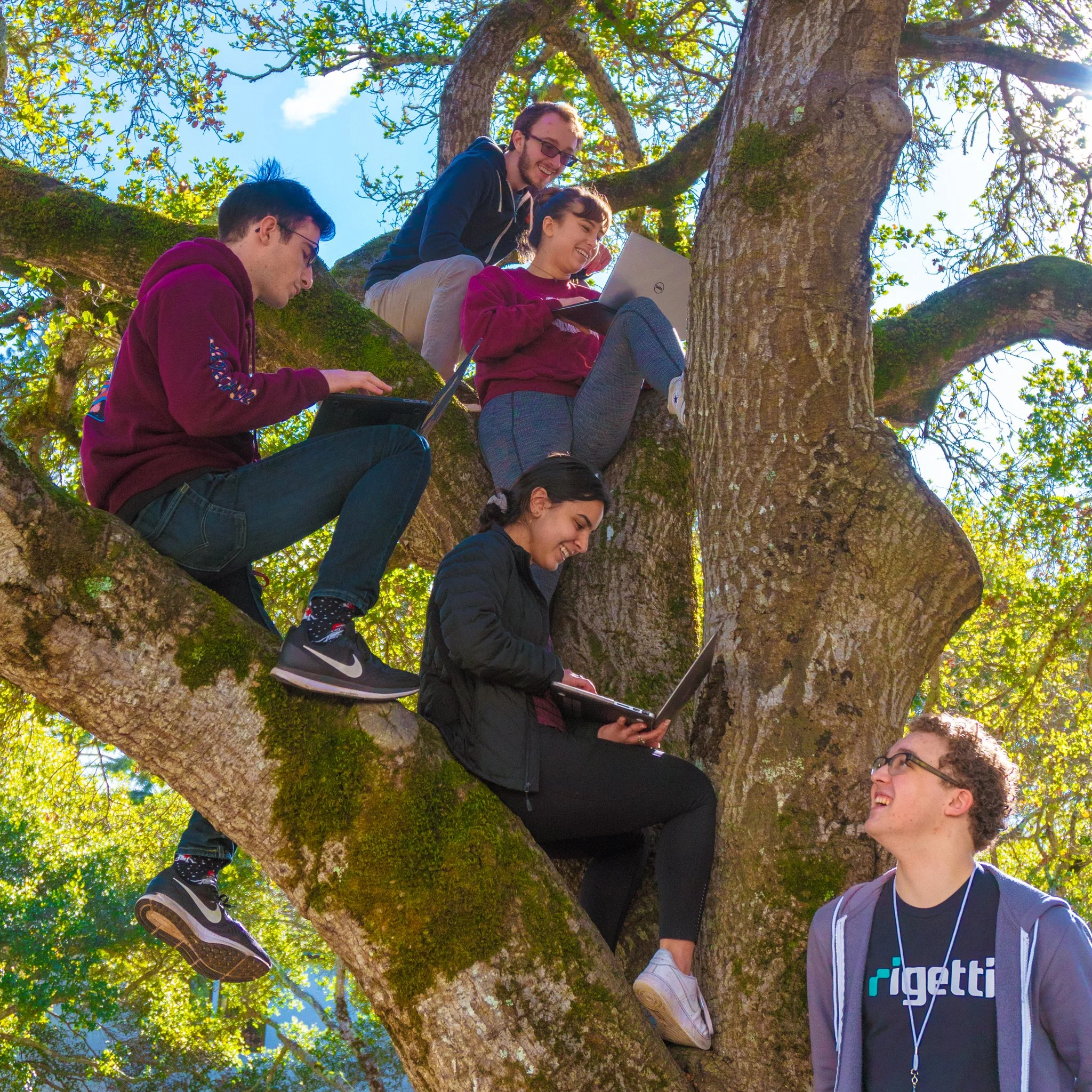Environmental Justice in Technology (EJIT) Principles
The EJIT Principles are a justice-centered framework for guiding how technology is developed, taught, and deployed. They draw on environmental justice traditions, collective care practices, and critical scholarship to redefine what responsible and regenerative technology can look like.
Environmental Justice in Technology Fellowship
The EJIT Fellowship supports early-career researchers, educators, and creators in weaving environmental justice into technology. Fellows produce original research, creative interventions, and educational tools that shape both culture and practice in STEM.
Mapping Your Local Environment (MYLE)
Combining visioning workshops, GIS training, and data storytelling to equip communities with the tools to map and advocate for their environments. Pilots are underway in cities like Atlanta and Detroit.
Earth Hacks
Earth Hacks is a global hackathon initiative that harnesses hackathons as a form of environmental education. Since 2019, it has engaged over 6,000 young people worldwide in building collaborative, open-source tools for action.
Study Hall
Study Hall is a peer-learning program where STEM students explore environmental justice in technology outside of the classroom. Student facilitators receive stipends, resources, and training to lead informal discussions grounded in EJIT scenarios.
Data Centers & Environmental Justice
A public, interactive tool that visualizes the environmental and social impacts of data centers across the U.S., from water use to labor. Designed for advocates, researchers, and policymakers.
Educational Materials
RFL develops open-access educational resources that bring environmental justice into STEM classrooms and beyond. These include toolkits, interactive exercises, board games, and curricula co-designed with students and educators.
Zines & Creative Work
Our zines and creative projects push beyond academia to explore justice in technology through art, storytelling, and cultural interventions. They create imaginative entry points for people to see, feel, and question the stakes of our technological choices.






